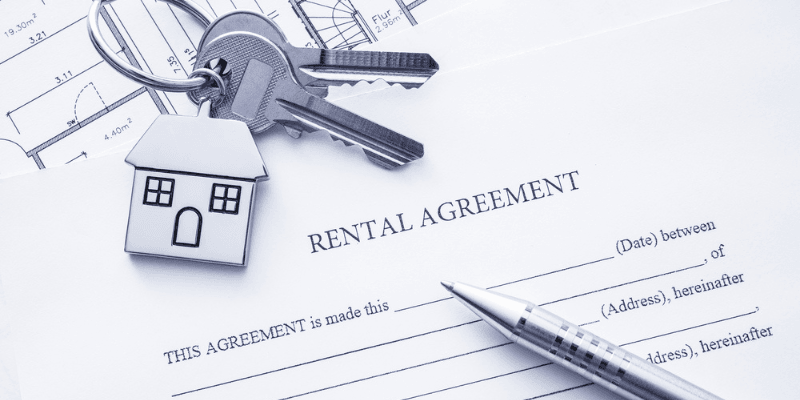

Landlords can ask rental applicants for their social security number (SSN), and they are also legally allowed to reject applicants who won’t provide one. Applicants are not required by law to provide an SSN.
Landlords ask for social security numbers so they can pull credit history and verify their applicants’ identities during a background check. These reports allow landlords to determine whether an applicant is likely to be a quality long-term tenant. While it is possible to screen tenants without a social security number, the majority of landlords will simply reject the application for leaving the SSN blank. Many tenant screening services do offer the ability to work with the prospective tenant directly, foregoing the need for a landlord to ask for the social security number on the application. The applicant will still need to supply a social security number, but they are more protected knowing it’s going straight to the tenant screening service.

In most cases, a landlord can require a social security number. As long as the landlord isn’t violating discrimination laws, they can reject an application for almost anything they want. It is best practice to have a legitimate reason for rejecting an application, and submitting an incomplete form lacking an SSN counts. In some cases, an applicant may try to provide alternative means of screening so they don’t have to give out their social security number. This could be pulling a free credit report from one of the three credit bureaus and submitting to the landlord. Or, the applicant may want to purchase a criminal background check for themselves and pass that to the landlord. However, that often doesn’t stop a landlord from rejecting the application. That strategy may work for a property in low demand where the landlord is willing to make concessions, but that often isn’t the case.
The first reason is that some local and state laws forbid requiring a social security number. Here’s an example from Portland: “A Landlord may not reject an application as incomplete because an Applicant or member of the Applicant’s household does not produce a social security number or prove lawful presence in the U.S.” Be sure to consult with a landlord & tenant lawyer before requiring a social security number on any rental applications, as your specific area may have stricter laws. Secondly, landlords can run into discrimination issues when requiring a social security number. It’s possible you’ll have applicants who don’t have a social security number, and the main reason would be if the person is an immigrant. However, many of these foreigners will have what’s called an individual taxpayer identification number (ITIN). This unique number in most cases is enough to get complete reports on your applicant.
If you turn away an immigrant for not having a social security number, when you could have used their ITIN, they could claim discrimination as country of origin is a protected class
Illegal immigrants may obtain an ITIN. There is also no federal law that penalizes landlords for denying housing to undocumented immigrants, but there are some state and local laws that do. Be sure to check with a lawyer if you plan to rent to undocumented immigrants. However, it is worth noting that many immigrants won’t have much of a history to pull from if they’ve only been in the country for a short time. That is a legitimate reason to deny housing, as comparing credit and rental histories is one of the main criteria for deciding between applicants.
There is no legal requirement for a potential tenant to give their SSN to a landlord. However, landlords also have the right to reject any applicants who choose not to provide their SSN. Since it’s still possible to screen tenants without an SSN, the landlord may want to have a conversation with the applicant, especially if they’re having trouble filling the rental unit. This allows for a larger applicant pool and the best chance of finding a great tenant.